
"Timeo Danaos et dona ferentes" on Behance
"timeo Danaos et dona ferentes" published on by null. The Oxford Biblical Studies Online and Oxford Islamic Studies Online have retired. Content you previously purchased on Oxford Biblical Studies Online or Oxford Islamic Studies Online has now moved to Oxford Reference, Oxford Handbooks Online, Oxford Scholarship Online, or What Everyone Needs to Know®.

Timeo Danaos et dona ferentes Il potere di essere grandi Giove's Way
The Latin phrase 'Timeo Danaos et dona ferentes' (Aeneid, II, 49) is the phrase known to have been said by Laocoön, a priest of Ancient Troja during the legendary Trojan war. The phrase appears in the second- of the 12 in total- books of the epic poem Aeneid, on verse 49. Aeneid is the epic poem of 9,896 lines, written by Virgil, the Roman.

Timeo Danaos et dona ferentes latin
The meaning of TIMEO DANAOS ET DONA FERENTES is I fear the Greeks even when they bring gifts. I fear the Greeks even when they bring gifts… See the full definition
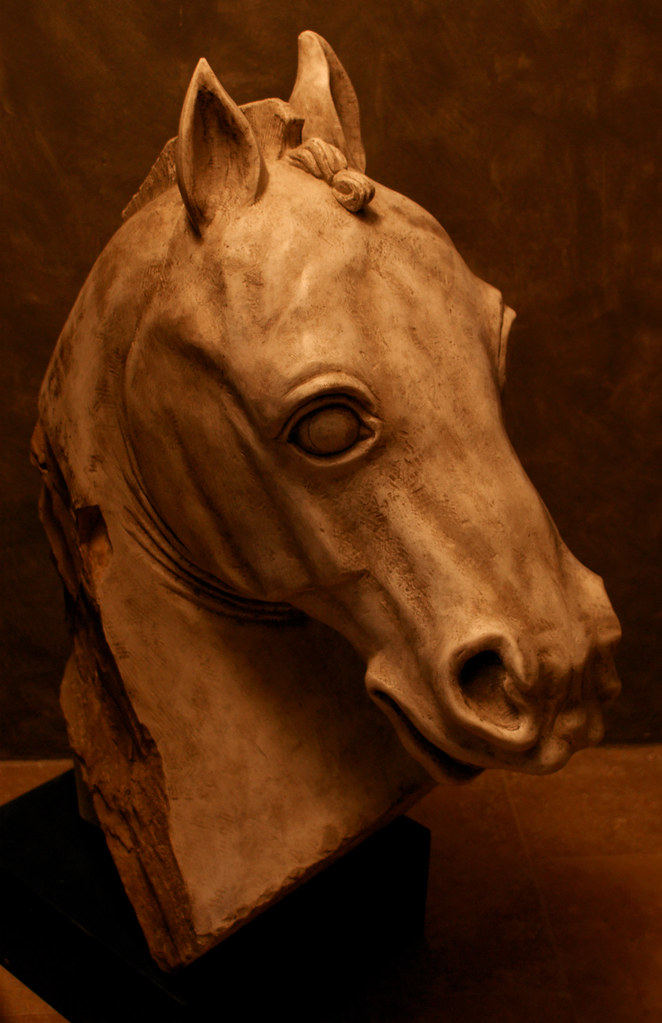
Troy Timeo Danaos et Dona Ferentes Massimo Valiani Flickr
Timeo Danaos et dona ferentes definition: I fear the Greeks even when they bear gifts (I fear treacherous persons even when they appear to be friendly). Vergil's Aeneid: I, 2. See examples of TIMEO DANAOS ET DONA FERENTES used in a sentence.
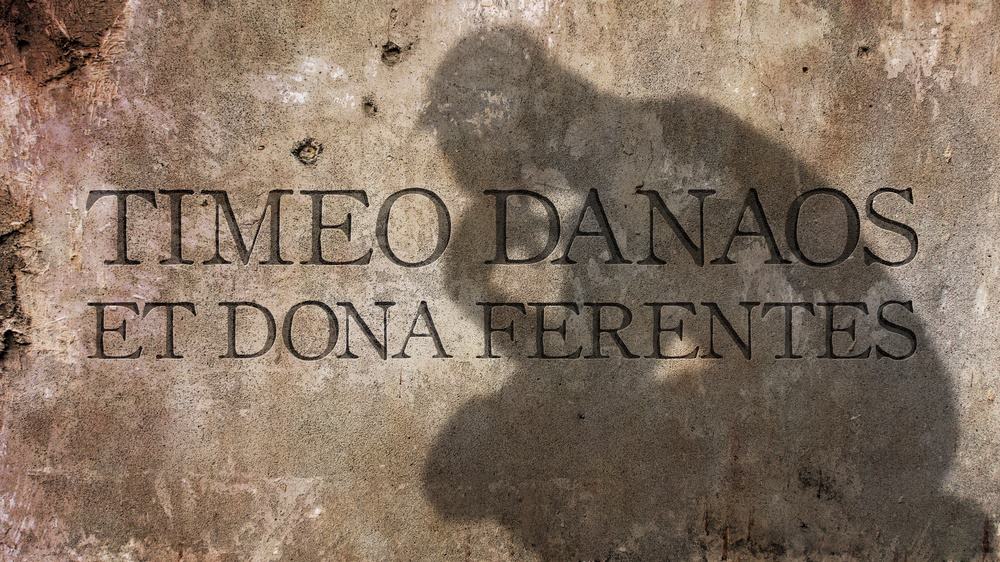
‘Timeo Danaos et dona ferentes’, an echo of a safety valve or a hinder?
Timeō Danaōs et dōna ferentēs, paraphrased in English as "I fear the Greeks even when bearing gifts", is a Latin phrase from Aeneid, a Latin epic poem written by Virgil.The phrase is spoken by Trojan priest Laocoön referring to the Trojan Horse used by the Greeks during the Trojan War.The literal meaning of the phrase is "I fear the Danaans [Greeks], even those bearing gifts" or "even.

Virgil Quote “Timeo Danaos et dona ferentes.”
timeo Danaos et dona ferentes in American English. timeo Danaos et dona ferentes. (ˈtɪmeˌou ˈdɑːnɑːˌous et ˈdounɑː feˈʀentes, English ˈtɪmiˌou ˈdæneiˌous et ˈdounə fəˈrentiz) Latin. noun. I fear the Greeks even when they bear gifts (I fear treacherous persons even when they appear to be friendly ). Vergil's Aeneid: 2:49.

Contemporary Art Mixed media on canvas Timeo danaos et dona ferentes Marcello Carrozzini
The original quote by the Roman poet, Virgil, is politically incorrect these days - "Timeo Danaos et dona ferentes", or paraphrased as "Beware of Greeks bearing gifts" - but it refers.
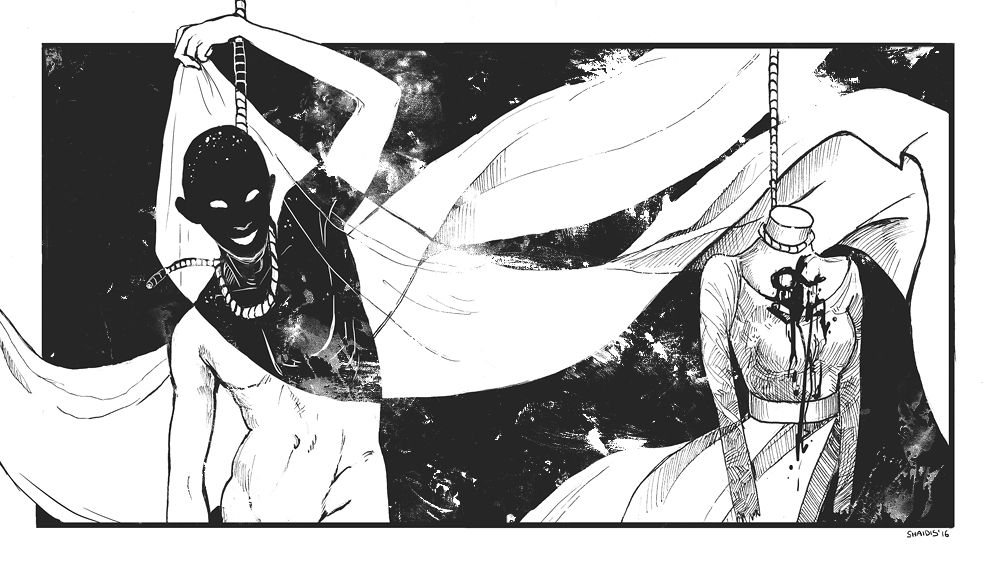
Timeo Danaos et dona ferentes by Shaidis on DeviantArt
Quidquid id est, timeo Danaos et dona ferentes." ("Do not trust the horse, Trojans! Whatever it is, I fear the Danaans [Greeks], even those bearing gifts.") Well before Virgil, the story is also alluded to in Greek classical literature.
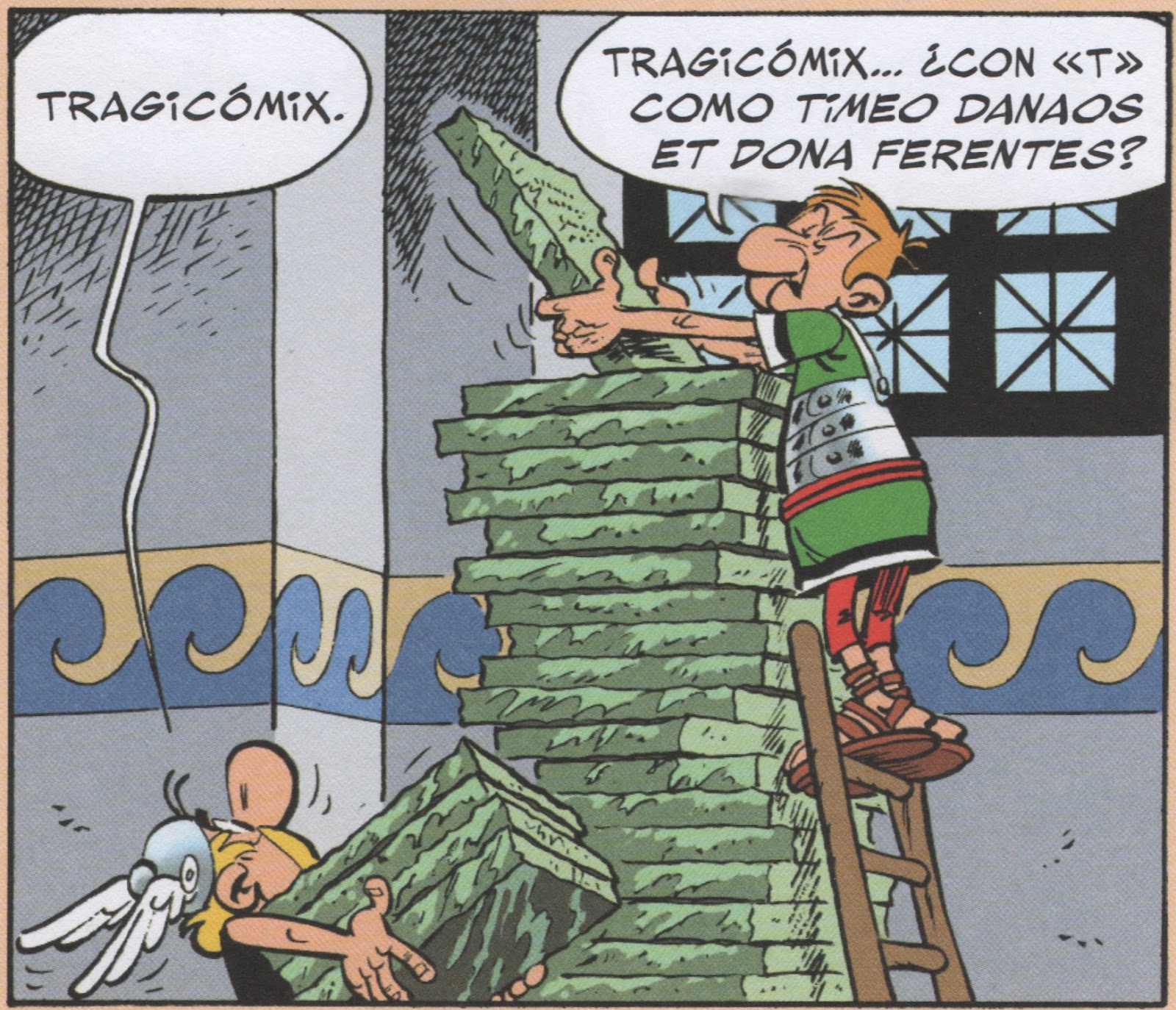
ΤΥΧΗ ΚΑΙ ΜΟIΡΑ TIMEO DANAOS ET DONA FERENTES
Ins Deutsche gelangt ist der Ausdruck über die lateinische Sentenz aus Vergils Aeneis: quidquid id est, timeo Danaos et dona ferentes (Was immer es sei, ich fürchte die Danaer, auch wenn sie Geschenke bringen). Die Darstellung in der Aeneis. Der Dichter der Aeneis (Buch II, Vers.

Timeo Danaos Et Dona Ferentes YouTube
A priest named Laocoon pleaded against accepting the gift and bringing the horse into the city, declaring, Timeo Danaos et dona ferentes - roughly translated, as "I fear the Greeks, even those bearing gifts.". It was adapted over the years to the expression we have today. But, as the story goes, Laocoon and his sons were strangled by two.

"Timeo Danaos et dona ferentes / Beware of Greeks bearing gifts" Art Board Print for Sale by
La frase latina Timeo Danaos et dona ferentes ("temo i Danai anche quando recano doni" [1]) si trova nell' Eneide (Libro II, 49) di Publio Virgilio Marone. Sono le parole pronunciate da Laocoonte ai Troiani per convincerli a non introdurre il famoso cavallo di Troia all'interno delle mura della città. Virgilio utilizza omericamente il termine.

timeo danaos et dona ferentes I fear the Greeks even (especially) when they bring gifts The
The Latin phrase is "Timeo Danaos et dona ferentes," which literally translated means "I fear the Danaans [Greeks], even those bearing gifts," but it is usually translated in English as "Beware (or be wary) of Greeks bearing gifts." It is from Virgil's poetic retelling of the story that we get this well-known phrase.

TIMEO DANAOS ET DONA FERENTES
Timeo Danaos et dona ferentes is a Latin phrase from Aeneid, written by Virgil between 29 and 19 BC. It has been paraphrased in English as the proverb "Bewar.

Timeo Danaos Et Dona Ferentes, Digital Arts by Matteo Bona Artmajeur
Danaos being a term for the Greeks. In Virgil's Aeneid, II, 49, the phrase is said by Laocoön when warning his fellow Trojans against accepting the Trojan Horse. The full original quote is quidquid id est timeo Danaos et dona ferentis, quidquid id est meaning "whatever it is" and ferentis being an archaic form of ferentes.
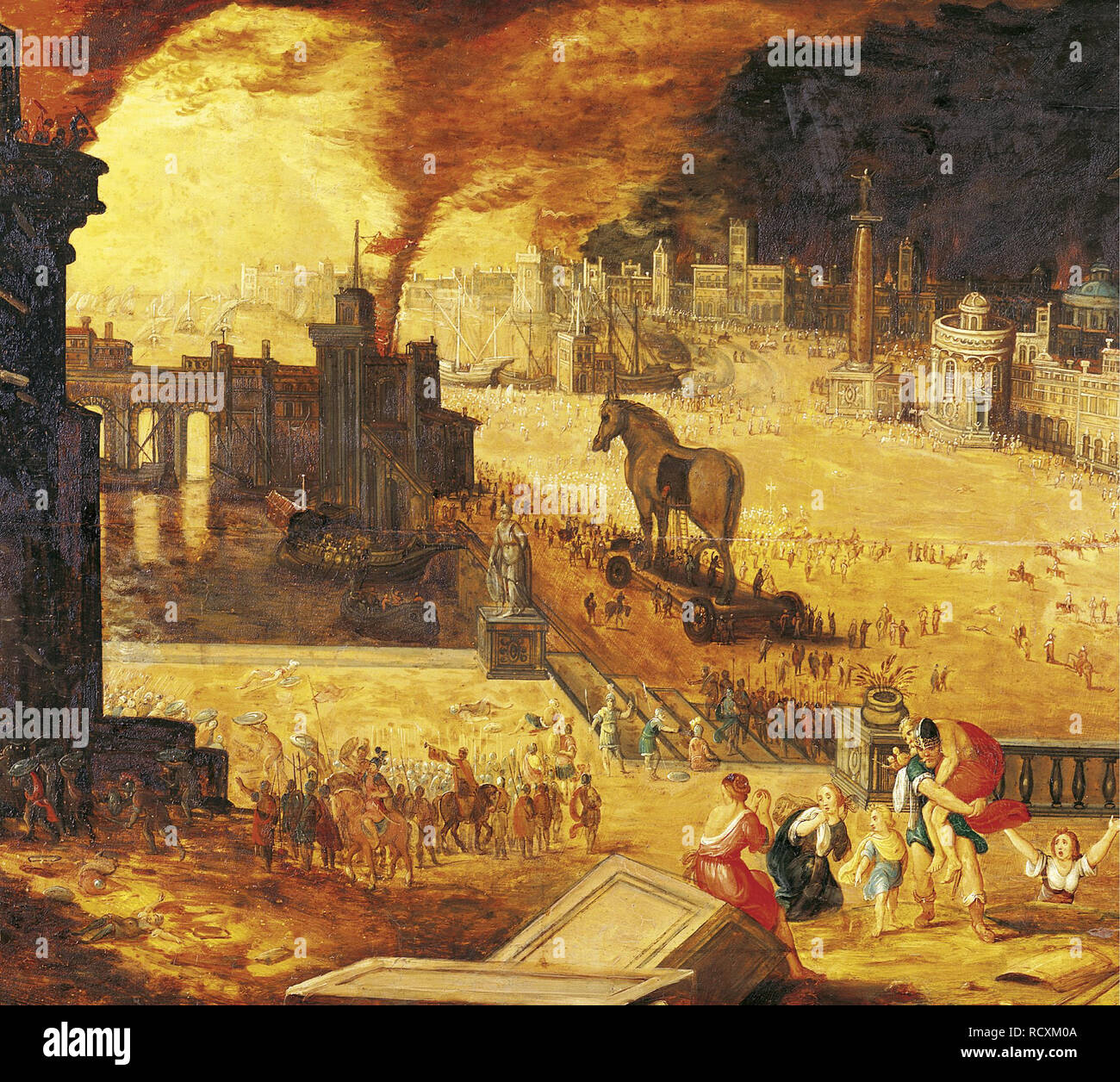
Timeo danaos et dona ferentes hires stock photography and images Alamy
Timeo Danaos et dona ferentes es una frase latina de la Eneida de Virgilio (libro II, 49). Significa «Temo a los dánaos (griegos) incluso cuando traen regalos». Origen. Esta frase tiene su origen en la mitología griega vista por los romanos, y más concretamente en la guerra de Troya.
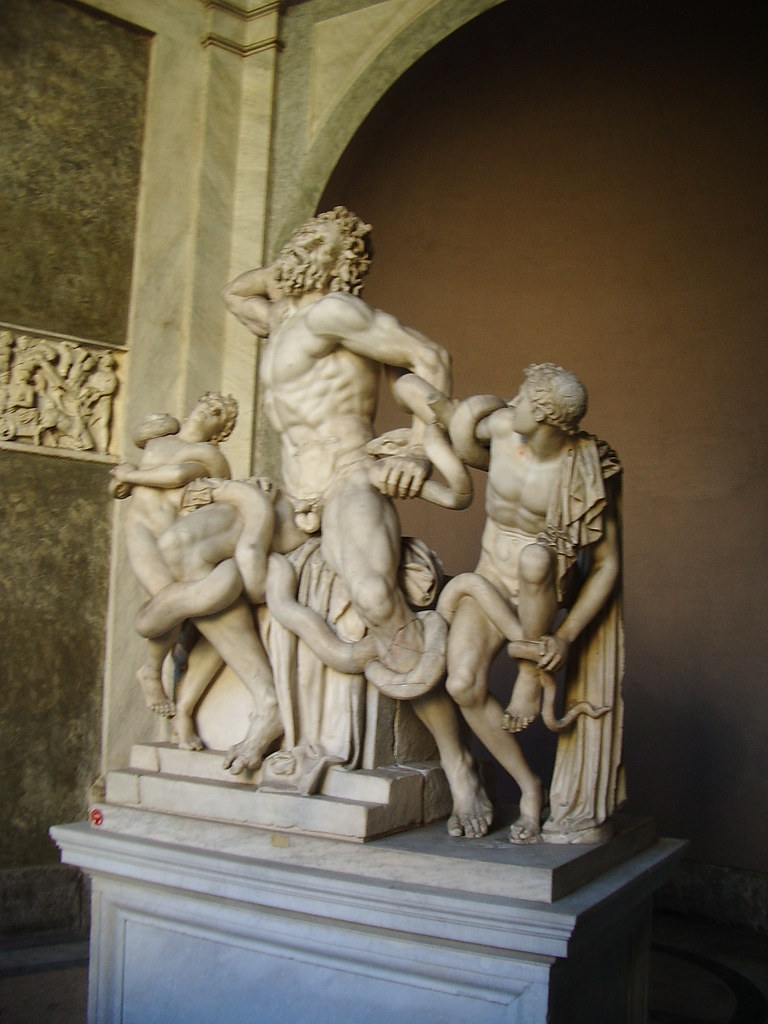
0142 "Quidquid id est, timeo Danaos et dona ferentes." Flickr
We present the translation of Timeo danaos et dona ferentes and enter into a discussion on dignus est intrare . There's also some bonus info about H2SO4 , one of the many stealth jokes in Asterix. We present the translation of Timeo danaos et dona ferentes and enter into a discussion on dignus est intrare..